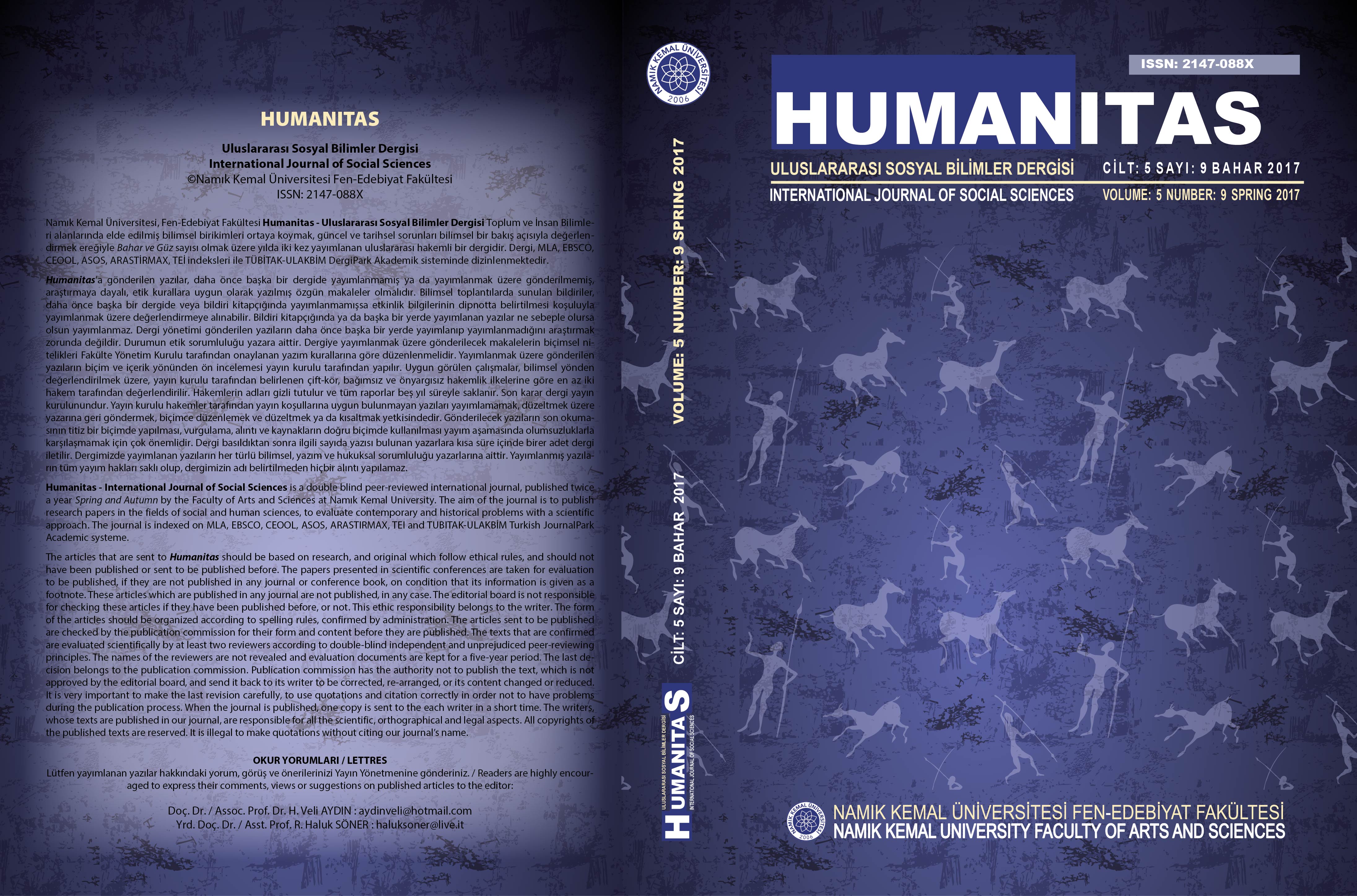CIVIL SOCIETY IN CONFLICT REGULATION: CYPRUS CASE
CIVIL SOCIETY IN CONFLICT REGULATION: CYPRUS CASE
Author(s): Pınar ErkemSubject(s): Civil Society, Inter-Ethnic Relations, Peace and Conflict Studies
Published by: Namık Kemal Üniversitesi Fen-Edebiyat Fakültesi
Keywords: Conflict Regulation; Ethnic Conflict; Consociationalism; Civil Society; Cyprus;
Summary/Abstract: As a conflict regulation method, consociationalism offers stability and peace, though short-term and negative, for deeply divided societies. However, the success of consociationalism is highly doubted due to lacking long-term peace and durability. Establishment and continuation of consociational regimes mostly depend on external pressure. When the pressure vanishes, majorities tend to shift to majoritarian system or for worse, conflict can resume. This paper argues that, being only dependent on elite cooperation and on the back-up of international actors is not adequate and creates a weakness in the approach. To overcome this, domestic actors, most importantly civil societal actors, should be empowered and incorporated in the establishment of a long-term positive peace, in order the consociational system to be sustainable. Through civil society cooperation and projects, popular adoption of the system and improvement of communal relations can be realized. This argument is tested on a protracted conflict, Cyprus which has experienced power-sharing with external pressure and is still discussing it as a future solution, through evaluating the impacts of bicommunal NGO projects and outcomes of civil society initiatives. By utilizing conclusions from the case, this paper offers contribution to both procedures of consociational theory and conflict regulation in other multiethnic states.
Journal: Humanitas - Uluslararası Sosyal Bilimler Dergisi
- Issue Year: 5/2017
- Issue No: 09
- Page Range: 193-201
- Page Count: 9
- Language: English

